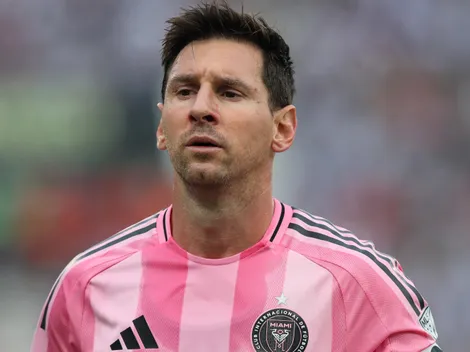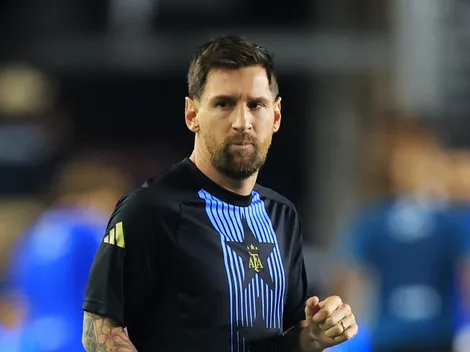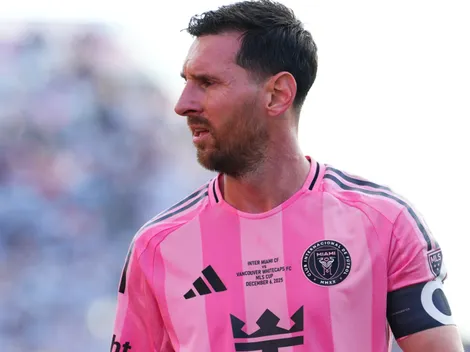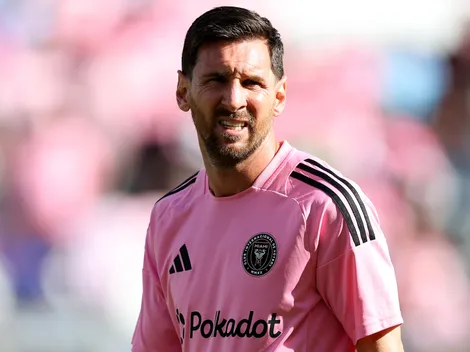Major League Soccer has announced new rules ahead of the 2024 season, which will be Lionel Messi‘s first full season at Inter Miami. In a meeting in New York on Thursday, the MLS’ Board of Governors have agreed to implement a series of initiatives that may reduce time-wasting in games.
The off-field treatment rule states that players with a suspected injury who remain on the ground for more than 15 seconds will be removed from the field by the medical crew and remain on the touchline for a minimum of two minutes for further treatment. Exceptions to this rule are head or goalkeeper injuries, serious medical events, and fouls that result in bookings or red cards.
Another significant measure is the timed substitution rule, which requires substituted players to leave the field within 10 seconds. If they don’t do so, the replacement will have to wait for another minute before the next stoppage. In that period, the team will play down to 10 men before the substitute is allowed to enter the field. Once again, injury and goalkeeper subs are not included in this rule.
These rules have already been tested at the two-year development league MLS NEXT Pro, with numbers that lived up to the expectations. While ESPN notes that the off-field treatment rule reduced stoppages from an average of six per match to less than 2, MLS states that 99.7% of more than 3200 substitutions were completed in 10 seconds or less.
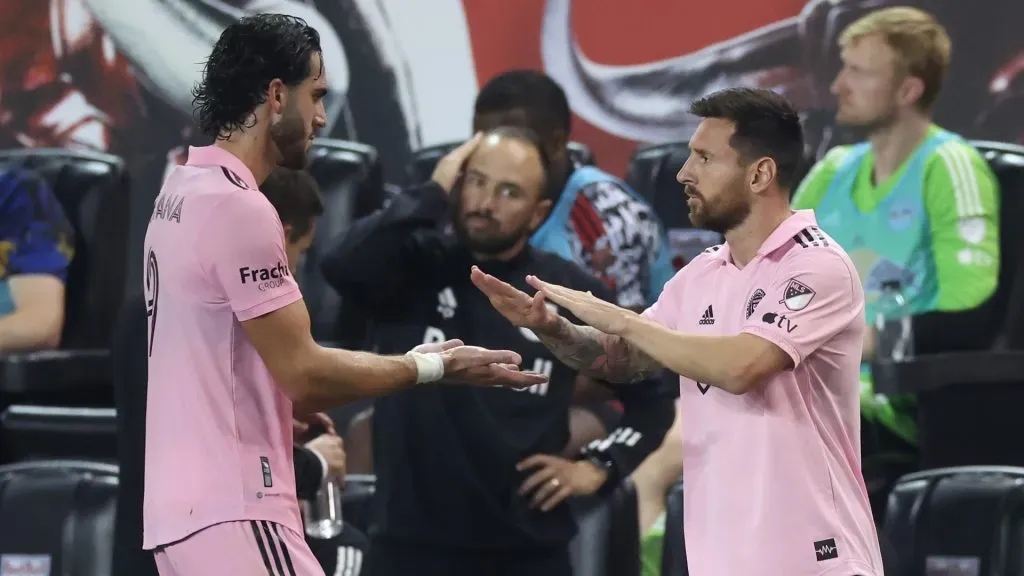
Lionel Messi #10 of Inter Miami CF replaces Leonardo Campana #9 in the second half during a match between Inter Miami CF and New York Red Bulls at Red Bull Arena on August 26, 2023 in Harrison, New Jersey.
In the meantime, MLS waits for the IFAB approval to introduce In-Stadium VAR Announcements, by which referees will communicate their decisions to fans at the stadium and viewers watching the broadcast. Additionally, stoppage time will be shown at stadiums; and players who simultaneously require off-field treatment for head injuries will return to the game at the same time.
Despite the rumors, MLS don’t make big roster changes yet
With Messi’s arrival in Miami, teams around the league reportedly discussed the need to change the league’s rules in regard to roster building in order to build more competitive squads.
“We didn’t lose to Miami , we lost the game against one man Leo Messi,” Philadelphia Union coach Jim Curtin said in August, following his team’s loss to Inter Miami in the Leagues Cup semifinals.

see also
Lionel Messi"s Inter Miami home jersey for 2024 MLS season leaked
“With Lionel Messi, nothing is going to stop Inter Miami. Their ownership is going to spend like crazy. They’re going to make them the best team in the league They might already be the best team in the league. That’s coming and I don’t think anything’s stopping them. I think the league rules are going to change. And It should… I think that’s coming.”
However, the only changes MLS announced for roster and budget guidelines are the following: Discovery lists will be reduded from seven to five players; clubs can use transfer fees from designated player moves as general allocations money; and to be considered as a domestic player, residency “must be established, or the player has to have appeared for an immigrant visa interview by the opening of the Secondary Transfer Window.”
Don Garber on changing MLS roster rules
Major League Soccer commissioner Don Garber explained why the league will not change the salary cap system in the foreseeable, but he said the roster scheme will be modified when needed.
“The time will come when we no longer need to be segmenting our spending and not necessarily to provide more freedom, but because all of the objectives that we were looking to achieve with all of these strategic initiatives will have been achieved and therefore we can move in a different direction,” Garber said last week, via ESPN.

see also
MLS Cup winners: Which teams have won the title and in which years?
“I think you’ll start seeing in the years ahead some streamlining of those rules now that we have more fans, particularly more fans that are looking from outside the United States with soccer fans of international leagues here and are looking at clubs that don’t have those restrictions. I will tell you it has really, really been working for us up until now. And the reason for changing [will be] because we’ll no longer need it. When that time comes, I can assure you the league office, all of our clubs and our fans will look at it as a new day.“


